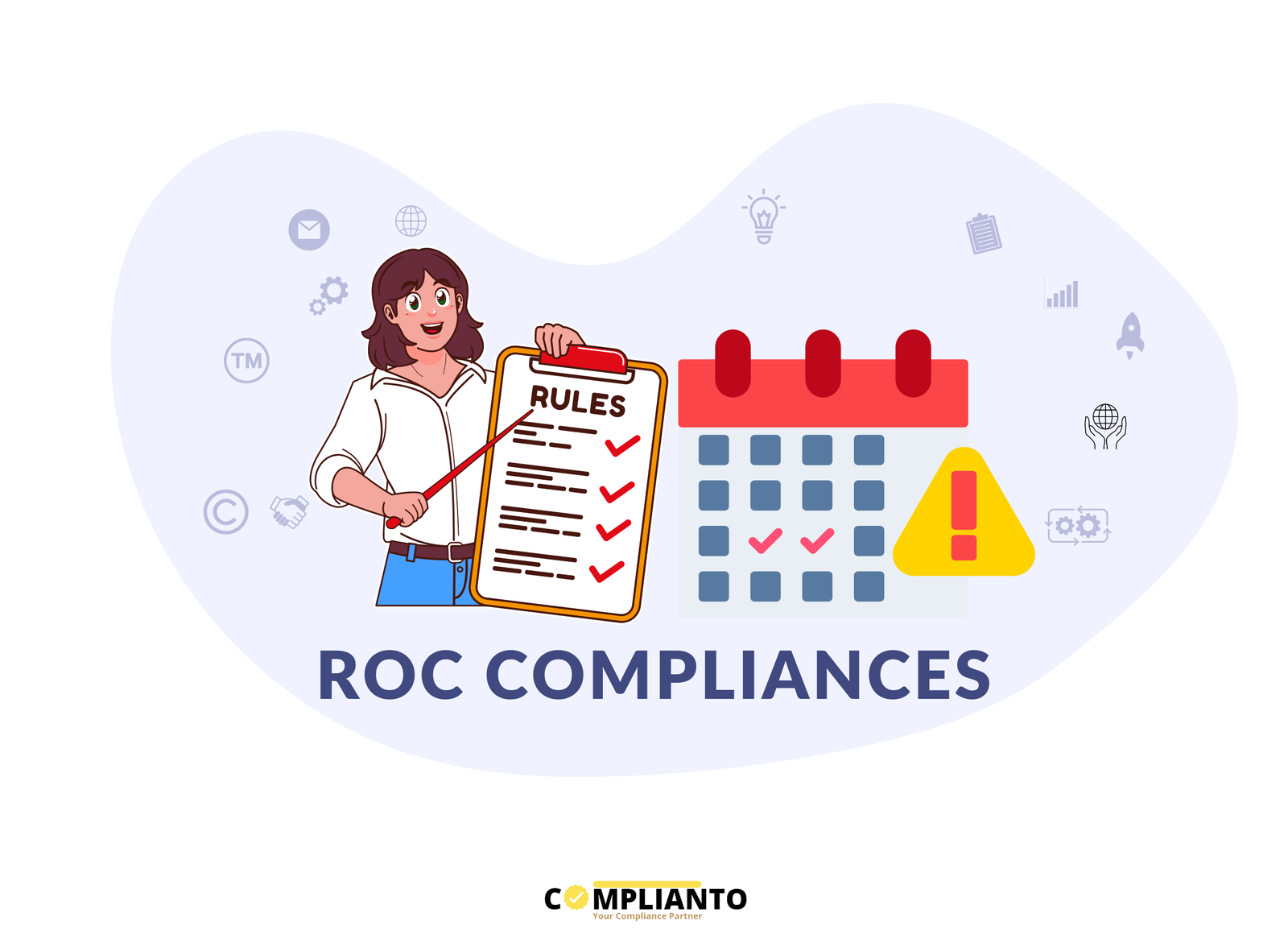According to Section 139(6) of the Companies Act, 2013, the first auditor of a private limited company must be appointed by the Board of Directors within 30 days of its incorporation. If the Board of Directors fails to appoint an auditor within 30 days, an Extraordinary General Meeting (EGM) must be called within 90 days to appoint the first auditor. The first auditor will hold office till the conclusion of the first Annual General Meeting (AGM). The remuneration of the first auditor is to be decided by the Board of Directors as per Section 142(1). The appointment of the first auditor is governed by Section 139(6) which begins with a non-obstante clause and requires the consent and certificate of the auditor and filing of ADT-1 with the Registrar of Companies.
The appointment procedure for an auditor for a private limited company in India is as follows:
- Intimation to the proposed auditor(s): The Board of Directors of the company must intimate the proposed auditor(s) about the appointment and also check the eligibility of the auditor. The auditor must be a qualified chartered accountant (CA) or a cost accountant (CMA).
- Consent and certificate from auditor: The auditor must give their consent in writing to be appointed as the auditor of the company. The auditor must also submit a certificate of practice to the company.
- Recommendation from the Audit Committee: If the company has an Audit Committee, it must recommend the appointment of the auditor to the Board of Directors.
- Board meeting: The Board of Directors of the company must pass a resolution appointing the auditor. The resolution must be passed at a meeting of the Board of Directors.
- Approval of the auditor: The auditor must approve the appointment in writing.
- Filing of Form ADT-1 with the ROC: The company must file Form ADT-1 with the Registrar of Companies (ROC) within 15 days of the appointment of the auditor.











